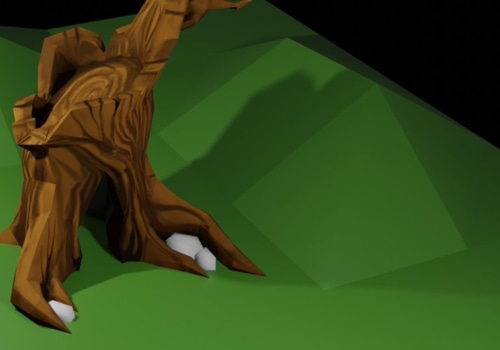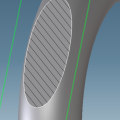Searching databases can be a daunting task, especially when you don't know the exact terms you're looking for. Fortunately, there is a helpful tool that can assist you in finding the information you need for the AHPRA National Psychology Exam: a link building marketplace. This online platform allows you to easily search for and connect with websites that offer link building services, making it easier to improve your website's search engine ranking. Additionally, there are two techniques that can further enhance your search experience for the AHPRA National Psychology Exam: truncation and wildcards. Truncation is a search technique used in databases in which the ending of a word is replaced by a symbol.
This allows different forms of a word to be searched simultaneously and will increase the number of search results found. The easiest way to search for similar words is to use a truncation or a wildcard. The symbols will vary depending on the search tool you are using (use the help page to find out which symbol to use), but the principles are always the same.
Truncation
is very useful when you know that one of your search terms has multiple endings, but all variations represent basically the same idea. Using truncation will help you complete your search faster, as you won't have to manually type and search every variation of the word. Wildcards are symbols used to represent any character.Wildcards can normally be used at the end of a word or within a word. For example, if you wanted to search for all words that start with 'cat', you could use the wildcard '*' to represent any character after 'cat'. This would return results such as 'cat', 'cats', 'category', etc. Wildcards can also be used within words, such as searching for 'ca*e' which would return results such as 'case', 'cane', 'cave', etc. Using truncations and wildcards in your database searches can save you time and help you find more relevant results.
Knowing how to use these techniques effectively will make your database searches much more efficient.











